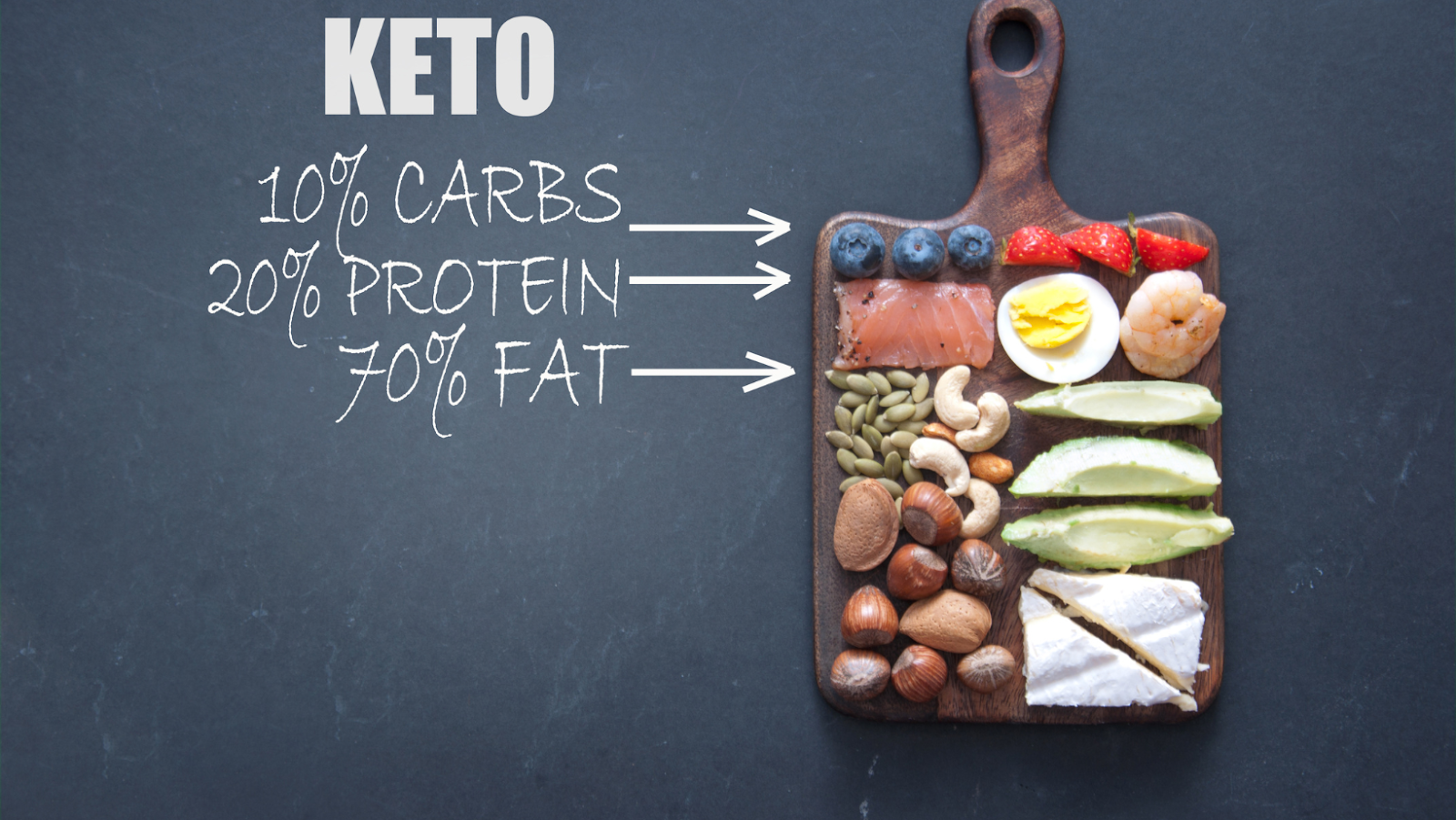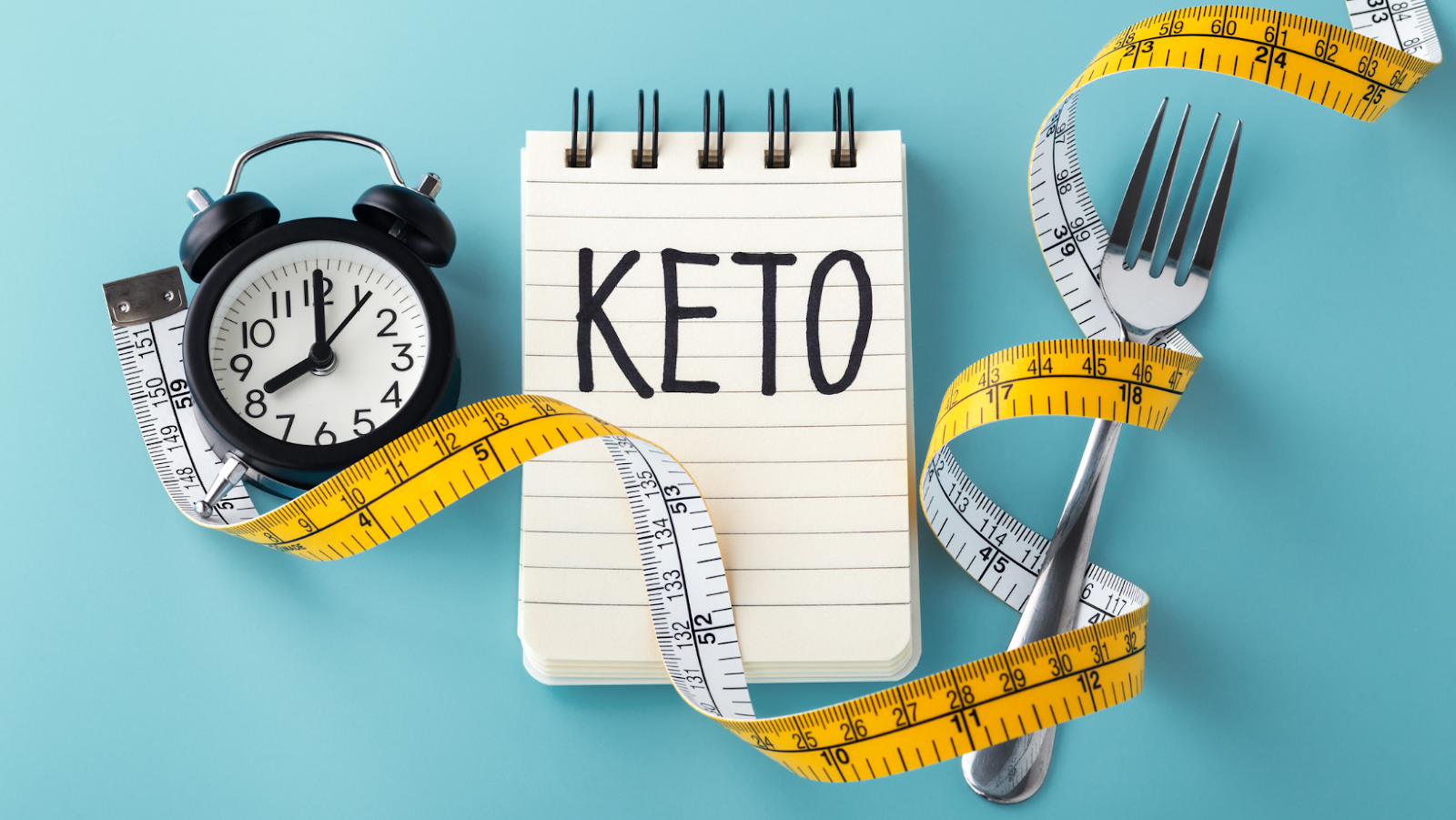5 Weight Loss Myths

Losing weight is a common goal for many people, and it’s no surprise why—a healthy weight can improve quality of life and reduce the risk of health conditions such as cancer and kidney failure. As such, people often turn to popular diets and weight loss strategies to shed excess pounds.
Yet despite the abundance of weight loss advice, many diets and strategies are fraught with misconceptions that can hinder your efforts to lose weight sustainably. This article will explore five common weight loss myths and the truth behind them:
Myth #1: You Must Cut Out All Carbohydrates to Lose Weight
Carbohydrates are an essential energy source for your body and should not be cut out of your diet entirely. Instead of avoiding carbs altogether, it’s important to consume healthier carbs instead. Consider eating complex carbohydrates, such as whole grains, legumes, and vegetables, which are high in fiber and other nutrients. Refined carbs, such as white bread and sugary snacks, should be limited, as they are low in nutrients and can contribute to weight gain.
Myth #2: Low-Fat Diets Are the Best for Weight Loss
It is true that reducing your intake of unhealthy fats, such as trans fats and saturated fats, can be beneficial for weight loss and overall health. However, not all fats are bad for you—in fact, your body needs healthy fats to function correctly. Healthy fats, such as monounsaturated and polyunsaturated fats, can help you feel satiated and may even help reduce your risk of developing heart disease. So rather than focusing on low-fat options, it’s better to choose healthy fats in moderation, like those found in avocados, nuts, and olive oil.
Myth #3: Restrictive Diets Are the Proven Way to Lose Weight
Restrictive diets, which severely limit your intake of certain foods, are antithetical to sustainable weight loss. These diets often lack the necessary flexibility to meet each individual’s unique needs and goals.
Instead of relying on a generic approach, it’s better to follow a personalized weight loss plan that considers your specific strengths, weaknesses, and lifestyle. A tailored fitness program will better fit your schedule, minimize unhealthy cravings, and improve your food choices. By focusing on a sustainable approach that does not involve a lot of rules and restrictions, you are more likely to stick with your diet and exercise plan in the long term.
Myth #4: Weight Loss Supplements Are a Quick and Easy Way to Shed Pounds
While weight loss supplements may seem like an easy solution, they are not a magic bullet for weight loss. The Food and Drug Administration frequently warns the public about tainted weight loss products on the market, so it can be difficult to know if supplements are safe or effective. In addition, many weight loss supplements can have adverse side effects, such as digestive problems and increased heart rate. It’s thus critical to speak with a healthcare provider before taking any supplement and to remember that there is no substitute for a healthy diet and regular exercise.
Myth #5: Skipping Meals is a Great Way to Lose Weight
Skipping meals, especially breakfast, makes losing weight more difficult. When you skip meals, your body goes into “starvation mode” and starts to hold onto fat stores. This practice can slow down your metabolism and make it harder to lose weight. Additionally, skipping meals can lead to overeating, as you may be more prone to unhealthy food choices when you’re hungry. Eating balanced meals and healthy snacks throughout the day is vital to keep your metabolism working efficiently and prevent unhealthy cravings.
Weight loss myths can hinder your efforts to lose weight healthily and sustainably. You can safely and effectively achieve your weight loss goals by debunking these myths and focusing on a balanced approach to nutrition and exercise.



 Fad Diets and Long-Term Solutions: A History of Dieting Trends
Fad Diets and Long-Term Solutions: A History of Dieting Trends  The Secret to Getting More Energy and Endurance When you are on a Keto Diet
The Secret to Getting More Energy and Endurance When you are on a Keto Diet  The Ultimate Guide to Keto Carrots
The Ultimate Guide to Keto Carrots  Should Carrots Be On Your Keto Diet Menu
Should Carrots Be On Your Keto Diet Menu  The 1 Question You Must Answer Before Starting Keto
The 1 Question You Must Answer Before Starting Keto  The Healthiest Fruit For A Keto Diet
The Healthiest Fruit For A Keto Diet